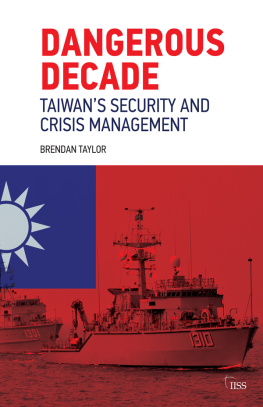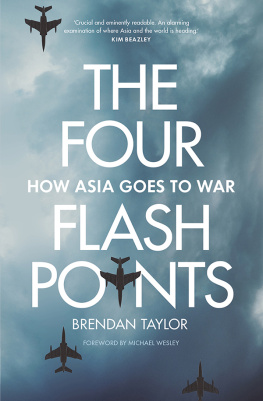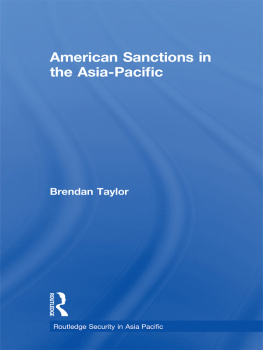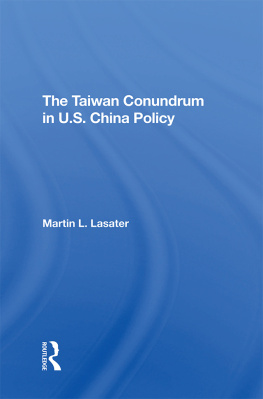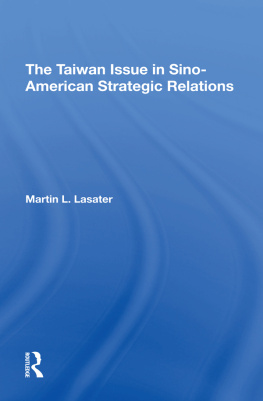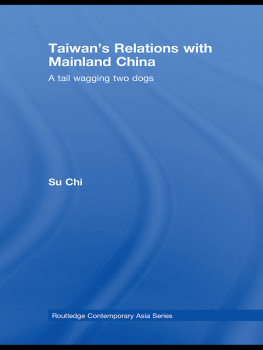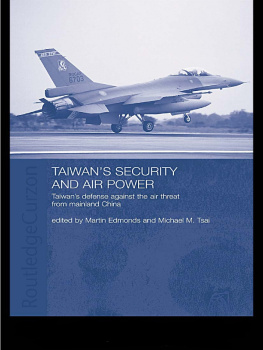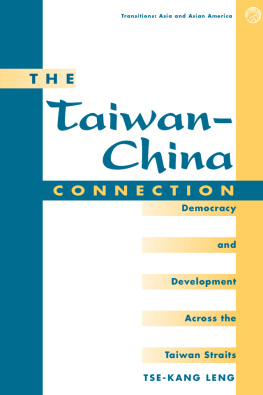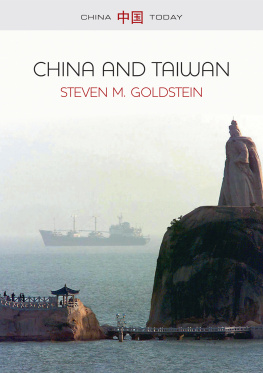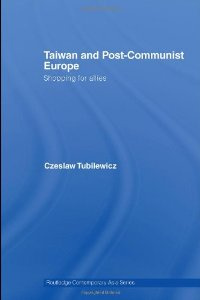The International Institute for Strategic Studies
Arundel House | 6 Temple Place | London | WC2R 2PG | UK
First published September 2019 by Routledge
4 Park Square, Milton Park, Abingdon, Oxon, OX14 4RN
for The International Institute for Strategic Studies
Arundel House, 6 Temple Place, London, WC2R 2PG, UK
www.iiss.org
Simultaneously published in the USA and Canada by Routledge
52 Vanderbilt Avenue, New York, NY 10017
Routledge is an imprint of Taylor & Francis, an Informa Business
2019 The International Institute for Strategic Studies
DIRECTOR-GENERAL AND CHIEF EXECUTIVE Dr John Chipman
EDITOR Dr Nicholas Redman
ASSISTANT EDITOR Sam Stocker
EDITORIAL Vivien Antwi, Sara Hussain, Jack May
COVER/PRODUCTION John Buck, Carolina Vargas
COVER IMAGES : Getty
The International Institute for Strategic Studies is an independent centre for research, information and debate on the problems of conflict, however caused, that have, or potentially have, an important military content. The Council and Staff of the Institute are international and its membership is drawn from almost 100 countries. The Institute is independent and it alone decides what activities to conduct. It owes no allegiance to any government, any group of governments or any political or other organisation. The IISS stresses rigorous research with a forward-looking policy orientation and places particular emphasis on bringing new perspectives to the strategic debate.
The Institutes publications are designed to meet the needs of a wider audience than its own membership and are available on subscription, by mail order and in good book-shops. Further details at www.iiss.org.
All rights reserved. No part of this book may be reprinted or reproduced or utilised in any form or by any electronic, mechanical or other means, now known or hereafter invented, including photocopying and recording, or in any information storage or retrieval system, without permission in writing from the publishers.
British Library Cataloguing in Publication Data
A catalogue record for this book is available from the British Library
Library of Congress Cataloging in Publication Data
ADELPHI series
ISSN 1944-5571
ADELPHI 470471
ISBN 978-0-367-43748-0
This book began during a lunchtime conversation in Canberra with Tim Huxley, Executive Director of the IISSAsia office. I am indebted to Tim for his friendship and mentorship over many years, for his encouragement to write this book, for the countless conversations he endured during its early stages, and for the time and attention he gave to carefully reviewing the final manuscript. Several long conversations with William Choong, also from the IISSAsia office, were extremely helpful too. Nick Redman, editor of the Adelphi series was, as always, a joy to work with. I am also grateful to Sam Stocker for copy-editing the manuscript with care, enthusiasm and evident subject-matter expertise.
Special thanks are due to Richard Rigby, who has taught me more than anyone about China particularly during the many memorable trips we have shared both there and beyond. His advice and support for this project were indispensable. Many others assisted and inspired along the way, including Michael Wesley, Paul Dibb, Hugh White, Linda Jakobson, Iain Henry, Bill Tow, David Envall, Bates Gill, Michael Cole, Nick Bisley, Sam Roggeveen, Minxin Pei, Rowan Callick, Alexander Neill, Andrew Yang, I-Chung Lai, David Capie, Norah Huang and Feng Zhang.
I would also like to thank the officials from the governments of Australia, Japan, Singapore, Taiwan and the United States, as well as those from the Chinese Peoples Liberation Army, who shared their perspectives on an anonymous basis.
As ever, this book would not have come to fruition without the unconditional support of my wife Jenny and my mother Marie. I thank them for their love, encouragement and patience. This book is dedicated to my daughters, Sinead and Siobhan. It is the hope that they will never have to endure the horrors of major-power conflict which continues to provide the primary motivation for my work in this field.
After decades of relative stability, tensions are again building over Taiwan. This book argues that these mark the beginnings of a major strategic crisis. A crisis could erupt suddenly, sparked by an episode of inadvertent escalation such as the collision of military ships or aircraft operating in the Taiwan Strait. Or pressure could build gradually in the coming months and years, as Beijing and Washington descend deeper into what some strategic commentators are branding a new cold war. Either way, a new crisis over Taiwan would likely be a significantly more serious affair than earlier such episodes in the mid-1950s and mid-1990s. The fate of Taiwans 23.5 million inhabitants could hang in the balance. Indeed, life as we know it could change dramatically if the coming Taiwan crisis is not prudently managed.
It has become commonplace to lay the blame for growing tensions over Taiwan squarely with Beijing. Chinas strong-man leader, Xi Jinping, has put the island front and centre in his signature China Dream a vision for making the Middle Kingdom wealthy and powerful again. In a January 2019 address commemorating the 40th anniversary of Chinas Message to Compatriots in Taiwan, Xi delivered a stark message: Taiwan must accept Beijings preferred one country, two systems model for reunification, or face the military consequences. Meanwhile, the Trump administrations erratic policies toward both China and Taiwan contribute an additional layer of unpredictability.

